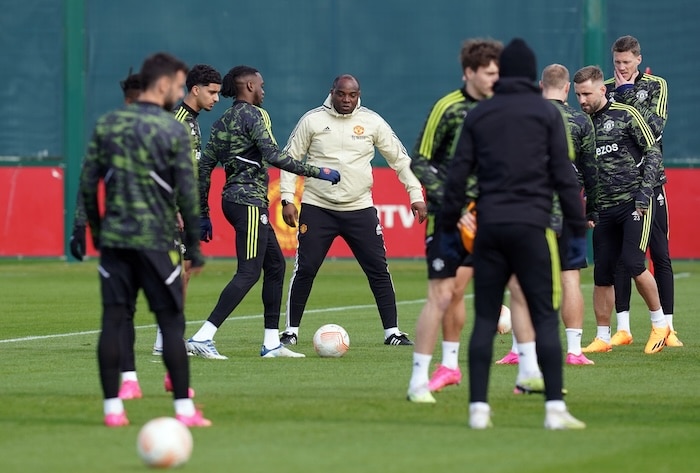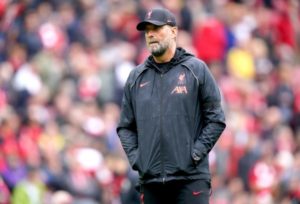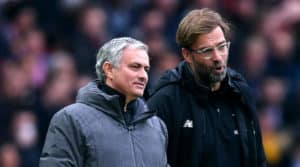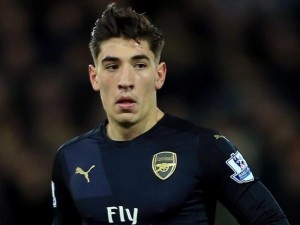Benni McCarthy sat down with SoccerClub for an exclusive interview on his coaching career to date and time at Manchester United, writes Mark Gleeson.
Benni McCarthy is frequently linked with all the top jobs in South African football.
Not unexpected for one of the country’s all-time footballing greats, who has proven his acumen both on the pitch and also the touchline.
Spells at Cape Town City and AmaZulu, taking the latter to a shock league runner-up finish against the odds, cemented McCarthy’s reputation as a coach of much potential.
He recently completed two years as the strikers’ coach at Manchester United, working under Erik ten Hag at one of the biggest clubs in the world.
What do you remember of your first game as a coach?
I freaked myself out! I remember it so vividly. Polokwane (City), Cape Town Stadium, MTN8! My first game! I went to the toilet maybe about six times.
I was shivering, I was on edge and I was thinking, ‘I’m going to fall hard’. I was so negative, every negative thought that could come out, came out.
People were telling me, ‘hey, it’s alright’. If you looked at me, you could see I was a nervous wreck. In my pre-match presentation to the players in the dressing room, I was standing in front and giving the tactics and the game plan and that … but the words just wouldn’t come out.
I was telling myself, ‘come on son, you’ve been through this with them before, you’ve had a whole pre-season together’ but it was just those first game nerves.
I couldn’t get the words out! I literally paused for two minutes, no joke. Everyone is sitting in the change room looking at me. I looked at them and all their eyes are locked on me.
Eventually I got some words out. ‘Sorry boys, bear with me for a few seconds, I’m nervous as hell’.
I told them! ‘The words just don’t want to come out’. And they said, ‘don’t worry coach, we’ve got you’. I needed that.
Them telling me they had my back and that we were in it together allowed me to relax.
Then I managed to say a few words and then the rest of the speech came tumbling out! Then I sounded like a natural! And we won the game.
How important are coaching courses and badges; could you, after your great playing career, have sidestepped that?
They are fundamental. I don’t think I could coach if I didn’t go on the courses.
You think that if you’ve played in front of tens of thousands of people that you can handle it, but it’s a completely different kind of pressure.
Having to speak in front of players, who are as good as you were or even better and convince them what you are trying to put across will make them even better … that’s a scary thought.
I didn’t think I would have survived without the training. It gave me the skillset on how to become more confident, to become a bit firmer, be able to speak out so that players can understand and buy into what you are saying.
Just because you were a player who played at a level they respect, and where they want to be or go to, doesn’t give you any right to say you can make them better than they are already.
You have to convince them … and that’s what they teach you on these courses.
They take you out of your comfort zone, they test you thoroughly, they put you under pressure. There is a lot of reading, theory and tasks that really prepare you well.
When did you decide, or realise, you wanted to go into coaching?
Once I started working on TV with SuperSport as an analyst for the Champions League.
I obviously started spending more time going through the teams a lot more thoroughly, learning more about them so that I would be able to analyse them better for the TV audience.
I felt it came naturally, not knowing whether it was because of my football background because I’d played and was familiar with team tactics.
I found I was able to quickly figure out what sort of system the various managers wanted to play with the players they had at their disposal.
People were very encouraging about my analysis, feeling it was on point, and that I had a handle on which teams were going to win because of what they had at their disposal.
My wife said to me, ‘maybe this is what you should be doing? You’d still be in football, in and around with the players’.
I had missed the camaraderie of the change room plus the discipline it brings to your life and the competitive edge it gives you.
My wife convinced me. That’s when I decided to go and do my coaching badges because I didn’t want to be in a situation where people just do me favours because I was an explayer.
I felt I needed to educate myself and learn about what I didn’t know.
Can you tell us about your time at Manchester United. How did you fit in with Erik ten Hag’s team?
We had a nice openness, and we pick each other’s brains, and we challenged each other. The manager was open, and I felt part, that I could contribute.
But it was an eye-opener because of the amount of work that goes into the job. The manager works countless hours, it just feels like he never sleeps.
The preparation was professionalism to the maximum. I don’t think I would have the capacity, you know, when I was managing, I was more on the man management, and then obviously the tactical elements but I don’t think I could ever work as hard as Erik!
It was a highlight … the entire two years working there. It was highlight because of the great people that I met, really good people, and an amazing time learning from Erik, working alongside him.





